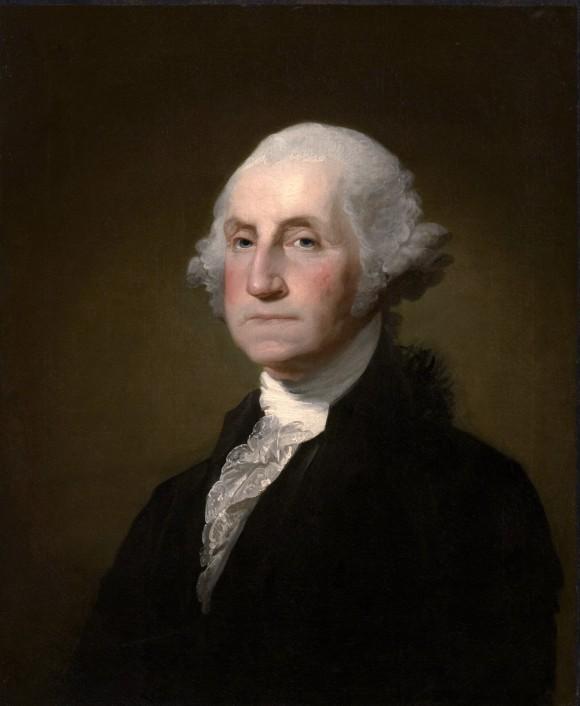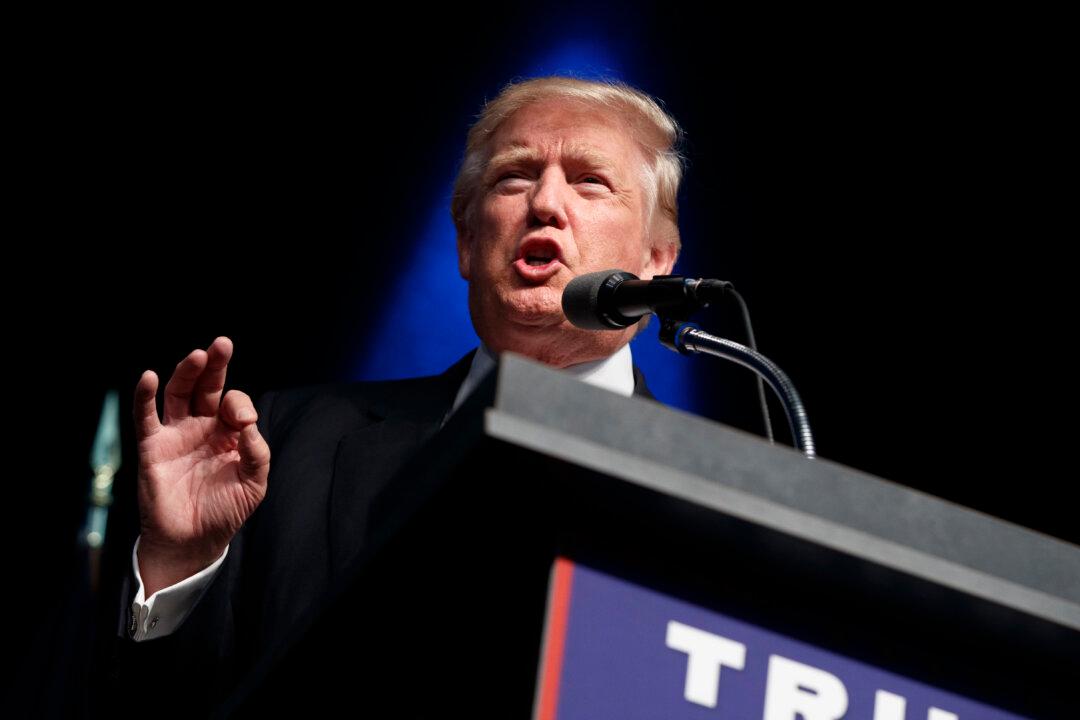It’s no secret that President Donald Trump’s adversarial relationship with the news media has them up in arms, especially after the omission of several outlets from an informal press gaggle last week. Both right- and left-leaning pundits have condemned Trump, with some going as far as saying that he’s headed on a path to a dictatorship.
Trump, for his part, has said that the “fake news media … is the enemy of the American people.” The press corps, for their part, have collectively hyperventilated. White House Press Secretary Sean Spicer has followed the president’s lead, and actively admonishes reporters during daily briefings.
The Washington Post’s new masthead, in a likely nod to Trump, claims that “Democracy dies in darkness,” while New York Times Executive Editor Dean Baquet, wrote an opinion piece after Spicer barred CNN, the Los Angeles Times, Politico, BuzzFeed, and the Times from an informal press conference (although the White House denied it). “Nothing like this has ever happened at the White House in our long history of covering multiple administrations of different parties,”Baquet wrote.
Throughout history, U.S. presidents and politicians have often had contentious relationships with the press—so it shouldn’t be a surprise to them if Trump, in his typical bombastic fashion, does the same. The media should take a more realistic approach. When Trump nudges the so-called window of appropriate discourse—the range of ideas the public can accept—with tweets and press conference comments, outlets have basically followed his lead with a “the-end-is-nigh” headline.
Trump Isn’t ‘Unprecedented’
But Trump isn’t the first president in this country’s history to go to war with the media.






